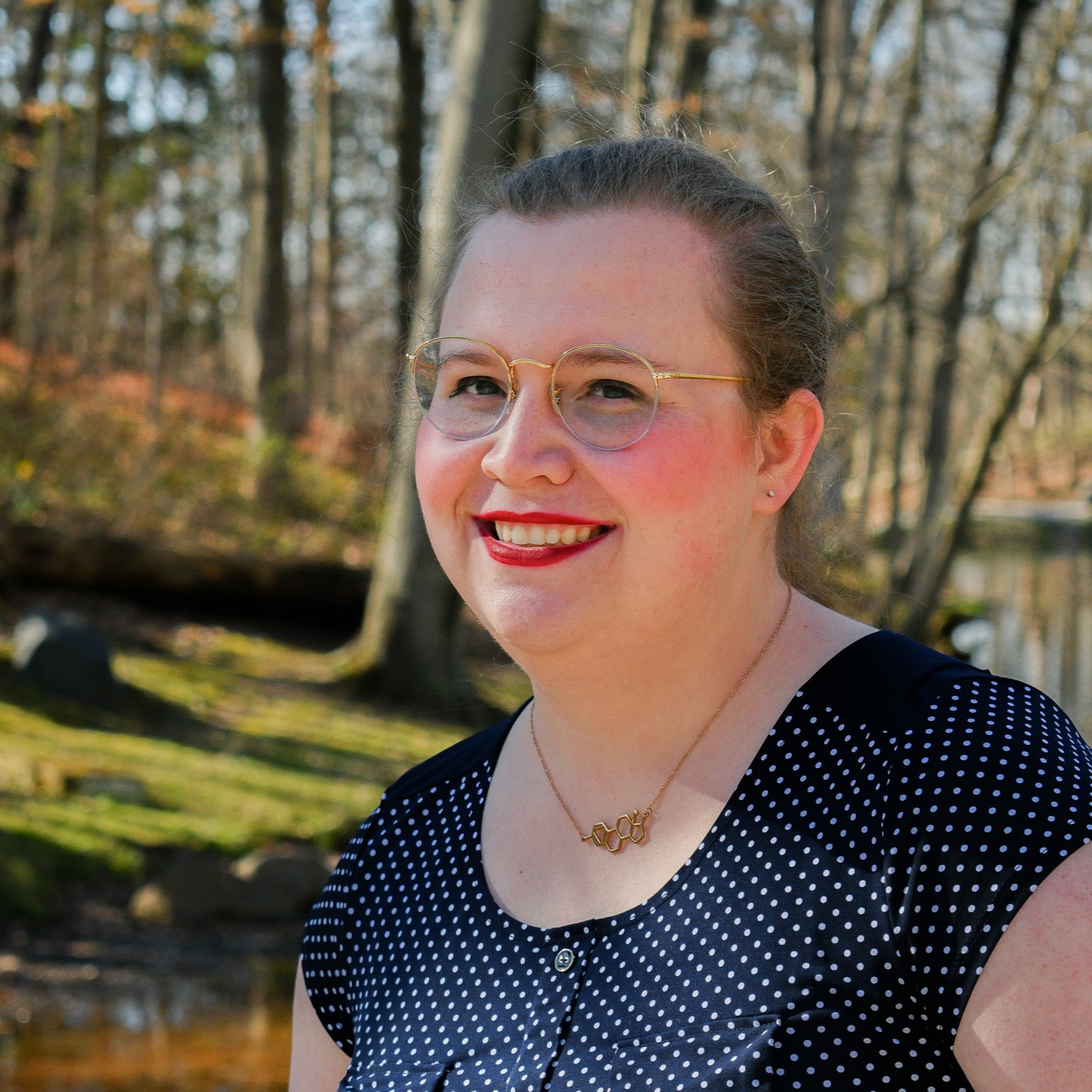The Value of the Liberal Arts
I submitted the following essay to Butler’s annual LAS essay contest. This year’s prompt was New Ways to See the World: The Value of a Liberal Arts Education.
Mochas and Muffins: What Mathematicians Gain Through the Liberal Arts
Over the past several months, in sporadic moments, I found myself thinking about the nature of the arts in the modern world. Getting a degree in mathematics, the so-called “queen of sciences”, the arts have no bearing on the world I build using the principles of rigour and absolute truth. I’ll question why I came to Butler, or any liberal arts institution for that matter, instead of some public state school where a majority of my advanced high school credits would transfer, and I could spend more time in classes closely related to my work as a mathematician. Walking the halls of Jordan, I see many strangers. We’re all studying vastly different things. I wonder: why we have a joint college of liberal arts and science? I’m going on to grad school for math, so why would I need a course on the arts in ancient Greece, or the architecture of Indianapolis, instead of spending time studying topology or differential equations? My computer science and lab science peers similarly bemoan the Core, especially around advising and registration. Why couldn’t Butler have been like any other major institution and have a college devoted strictly to the sciences?
It was only recently when I found my answer. Last month, I was asked to present my ongoing research project at a Butler Bound admissions event. I joined fellow researchers in welcoming prospective students and talking about our experiences on campus. During this time, I got to know some of my peers in Levinson Hall pretty well: I was flanked on both sides by biology students, and a psychology student wasn’t far away. We got talking, and I quickly realized that my new friends had no idea what mathematics, or mathematics research, was all about. I had taken four years of lab sciences in high school and knew to a certain degree how physical research projects similar to theirs worked. And yet, mathematics is a different beast. Even though all of these students had taken multiple semesters of calculus and statistics at Butler, math research was a foreign idea to them. And I don’t blame them; there is no experiment with a test tube or interview with a client that can get to an exact mathematical truth.
To be frank, the answer I gave them at the time was a cop-out. “Oh, I meet with my adviser for an hour a week, outside of meetings I’ll code a program to test this, or I’ll sit at a chalkboard and derive that, or I’ll annotate a textbook.” Yes, that is all factually correct and indeed what I do, but that’s not how I research. I toy with an idea. I’ll walk to from Jordan to Butler Brew and order a mocha and muffin, and in doing so ponder how to develop one equality into another. I’ll work on a programming assignment for one class, and immediately get an idea to implement an algorithm for testing some different hypothesis. I’ll go a week, a month, or longer without understanding one definition only for it to come to me as I’m getting dinner with a friend. Paul Lockhart, originally a research mathematician who later taught mathematics in Brooklyn, said it perfectly:
“To do mathematics is to engage in an act of discovery and conjecture, intuition and inspiration; to be in a state of confusion— not because it makes no sense to you, but because you gave it sense and you still don’t understand what your creation is up to.”
Mathematics, especially proof-based mathematics where a numerical answer is hardly ever the supreme goal, is a very personal and lonely endeavor. Often times, the concepts I understand the best are the ones that I had to struggle and toy with the most. Realizing that there is no one singular correct answer but rather a multitude of proofs that all, reasonably or not, show as valid what we claim was a great challenge in my first and second years at Butler. Being able to creatively express my meaning for my audience to grasp a better understanding is oftentimes more important than being unabashedly, technically correct. And it is here, in the unique crux of an individual drive for progress alongside a discordant need for clarity among others that a liberal arts education shines. These communication and interpersonal skills were developed and sharpened in my Core classes. While mathematicians love precision and rigour, our ability to create new math is limited to only our ability to express and communicate meaning. To mathematicians, the most beautiful proofs are the ones that are the most concise, the most overarching, the most impactful across disciplines. The soft skills from a liberal arts curriculum provide the backbone for any mathematician to succeed, something that simply isn’t taught in a standalone proof-based math course.
As I wander the halls of Jordan between classes, I try to remind myself: the people that came before me and will come after me, the people that wander these very same halls, we have much in common. We wear the same uniform; we sing the same war song. It’s the Core that binds us each one to another. It doesn’t matter how we got here or where we’re headed. Perhaps we’re not strangers after all.
